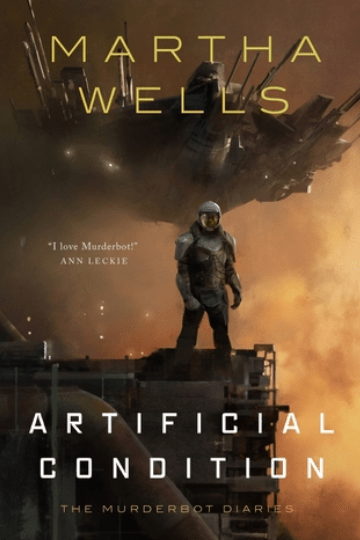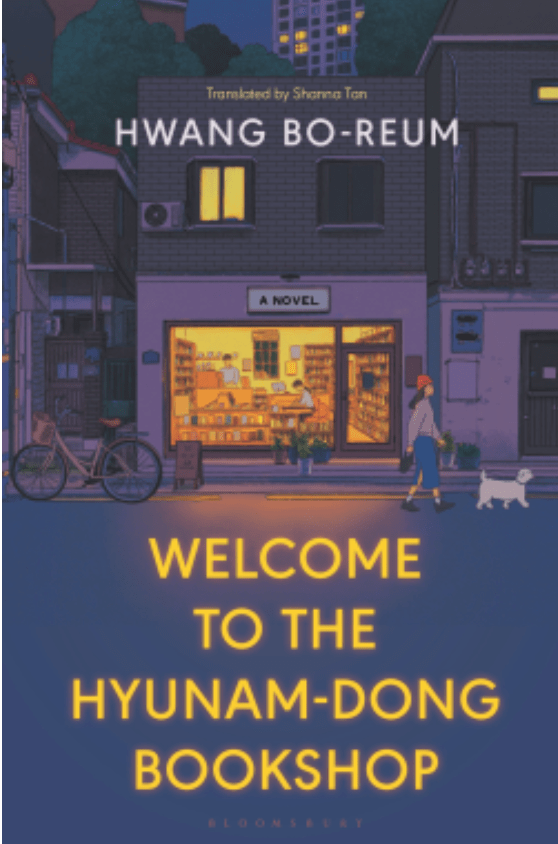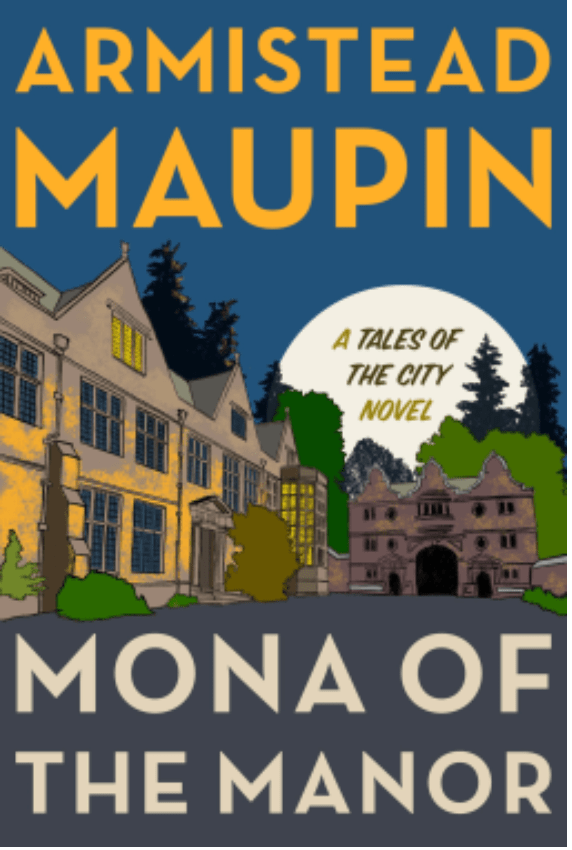I loved this quiet, reflective, and ultimately upbeat book about a young South Korean woman — Yeongju — who drops out of the rat-race to open a bookshop in a quaint residential area of Seoul. This is a far cry from similarly themed American versions with sassy owners or drama gushing from every page. Instead this bookstore slowly grows a community filled with polite and kind people who help each struggle with philosophical questions of life such as: What constitutes success in life? Have we become the person we wanted to be? We meet an array of people, each taking an unusual (especially for South Korea) path through living and hear discussions of the tactics each is employing along with a self-assessment of his or her happiness.
This is a translation of a surprise best-seller from Korea whose popularity spread completely through word of mouth. I enjoyed knowing that I was reading something authentically Korean that had appealed to a non mainstream audience in that way. What I assume was a modern Korean culture permeated the behavior and reflections of each of the characters in a way I found enlightening. I also loved the writing style: Quiet. Observational. Unfiltered. The story was sweet, honest, and real and had many points of resonance for me. I loved the way people communicated with each other with simultaneous insight into each person’s thoughts and assumptions. And of course, I loved all the “action” around reading and books! Yeongju reads. At the start of the book she is reading about people who have left their old lives behind, as that is what she has just done. She reads and discusses the ideas with herself. She learns but also disagrees and in this way furthers the development of her own sense of self and purpose. She makes recommendations but is far from the know-all librarians portrayed in much fiction. My favorite request: a mother whose 18-year old son is already sick of life asks for a book that will “unclog a smothered heart.”
I loved that this book tackled deep issues with neither false cheer nor gloominess. I found it ultimately inspiring while simultaneously grounded in reality. As an aside, I really had to focus on all the Korean names as I don’t have a lot of experience with them and am happy to report that with just that little bit of focused effort, the names felt very familiar to me by the end.
Quotes:
“In The past, she used to live by mantras like passion and willpower, as if by imprinting the words on her mind, they would somehow breathe meaning into her life. It only felt like she was driving herself into a corner. From then on, she resolved never to let those words dictate her life again. Instead, she learned to listen to her body, her feelings, and be in happy places. She would ask herself these questions: does this place make me feel positive? Can I be truly whole and uncompromisingly myself? Do I love and treasure and myself here? For Yeongju, the bookshop checked all the boxes.”
“Yeongju loved such stories. Stories of people going through hard times, taking one step forward at a time as they seek comfort from the flicker of light across the horizon; stories of people determined to live on, despite their sufferings. Stories of hope – not the rash, or innocent kind, but the last glimmer of hope in life.“
“Yeongju’s home felt like an extension of her — somewhat lonely, but a reassuring presence nevertheless.”
“She took care and pride in writing each piece, even though it felt like she had to squeeze out every last bit of her brain juices.”
“Isn’t that what life is about? Foraging forward with the answer you have — stumbling along the way and picking yourself up — only to one day realize that the answer you’ve held onto for a long time is not the right one. When that happens, it’s time to look for the next answer. That’s how ordinary folks, like herself, live. Over our life span, the right answer will keep changing.”
“What counts as a good book? Books by authors who understand life. Those who write about family, mother and child, about themselves, about the human condition. When authors delve deep into their understanding of life to touch the hearts of readers, helping them to navigate life, isn’t that what a good book should be?”
“Small talk could be a considerate gesture, but most of the time, at your own expense. With nothing to say, squeezing the words dry leaving only an empty heart and a desire to escape.”
Thank you to Bloomsbury Publishing and NetGalley for providing an advance copy of this book in exchange for my honest review. The book will be published on February 20th, 2024.










